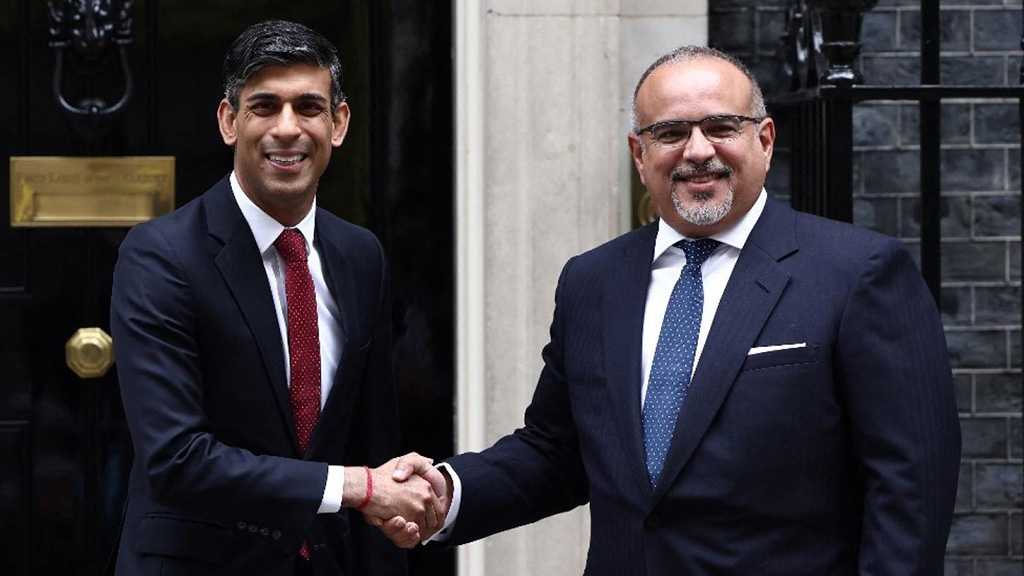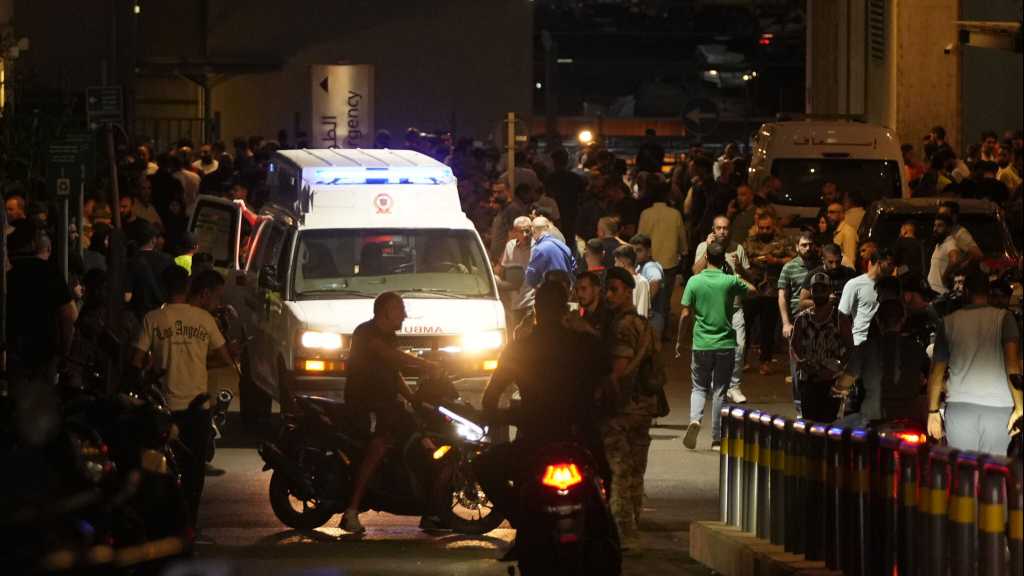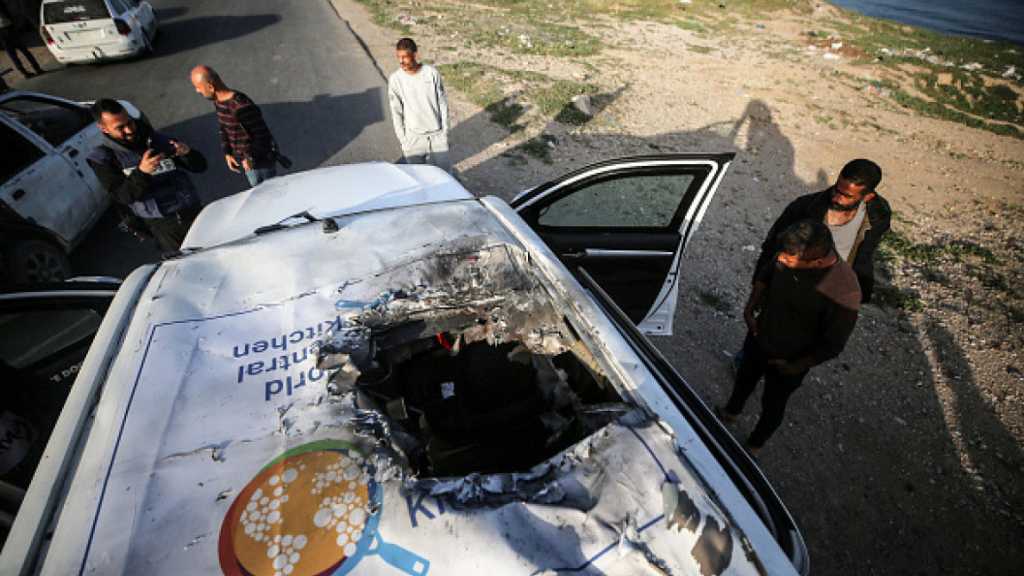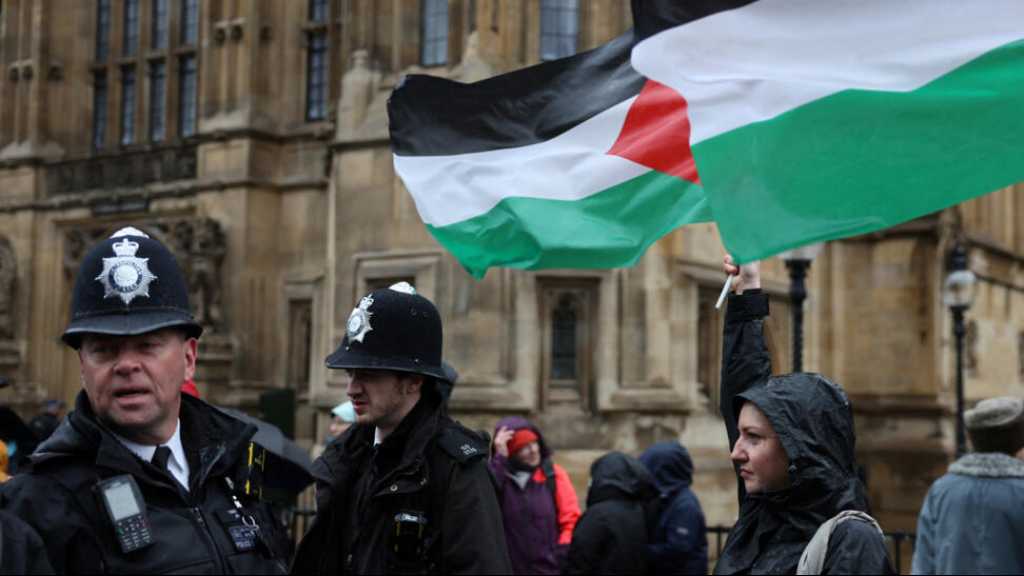UK MPs Demand Answers After Bahrain Removed from Human Rights List

By Staff, Agencies
British legislators are pressing the government to provide clear explanations why Bahrain has been removed from its list of human rights priority countries, accusing the government of putting its principles “up for auction” after sealing a billion-pound investment deal with the Gulf state.
The decision, revealed last Friday in the government’s 2022 Human Rights and Democracy report, marks a rare instance and the first time since 2015 that Bahrain has not made the list.
The removal came 10 days after oil-rich Bahrain announced on July 3 that its private sector would invest £1 billion [$1.28 billion] in Britain.
The Foreign, Commonwealth and Development Office [FCDO] alleged in a brief statement that the decision to remove Bahrain from the Human Rights Priority Country list reflects the country’s “consistent progress” on human rights “over a number of years”.
But human rights groups and parliamentarians slammed Bahrain’s removal from the list, arguing there had been no marked improvement to the dire human rights situation in the tiny Gulf kingdom.
“I am deeply concerned that the FCDO’s approach to human rights seems to be up for auction,” Labor MP Chris Bryant, who is a member of the Foreign Affairs Committee, said.
Bryant called on Foreign Secretary James Cleverly to explain the decision in light of Bahrain’s political repression.
“Death row is filled with men tortured into signing false confessions to crimes they did not commit, because they dared call for democratic reforms,” he said.
Conservative MP Sir Peter Bottomley described the government’s decision as “difficult to comprehend”, citing the cases of torture victims Mohamed Ramadan and Husain Ali Moosa, who remain at risk of imminent execution in Bahrain.
Bottomley, who chairs the All-Party Parliamentary Group on Human Rights and Democracy in the Gulf, has also pushed for the foreign secretary to explain his rationale to parliament.
Bahrain's main opposition group, the al-Wefaq National Islamic Society, also said London had been “bribed” into a decision that amounted to a “cheap lie”.
Sayed Ahmed Alwadaei, a human rights activist and director of advocacy at the Bahrain Institute for Rights and Democracy [BIRD], noted that the dropping of Bahrain from the priorities list fits a pattern.
“The UK government has a history of using misleading human rights reports to whitewash Bahrain’s record of abuse,” he said.
“They have now gone even further and dropped Bahrain from their list of human rights priority countries in exchange for investment in the UK economy,” Alwadaei added.
Niku Jafarnia, a Bahrain and Yemen researcher for Human Rights Watch, said she wished she had “any information” about the UK government's criteria for choosing human rights priority countries.
"Whatever criteria they are using don't seem to have a basis in human rights, but rather are influenced by British economic interests," she said, adding that she found it "laughable" that the FCDO's report said that Bahrain respected freedom of religion and belief.
"A country...where people continue to be imprisoned and tortured for exercising their freedom of belief and religion, and where just last month Bahraini authorities blocked access for Shia Bahrainis to the largest Shia Friday prayers, is not a country that has a 'long tradition of respecting and enabling freedom of religion and beliefs'," she said.
Lord Scriven, a Liberal Democrat peer, said human rights in the Gulf state had “worsened in recent years, not improved”.
“Downplaying these abuses shames the Government and risks sending the message that the UK’s principles are for sale,” he said.
Anti-monarchy demonstrations in Bahrain began on February 14, 2011, and have been held on a regular basis ever since the popular uprising started.
Demonstrators demand that the Al Khalifa regime relinquish power, and a democratic, just system representing all Bahrainis be established.
The Manama regime, however, has responded to demands for social equality with an iron fist, clamping down on voices of dissent.
In March 2017, Bahrain’s parliament approved the trial of opposition civilians at military tribunals in a measure blasted by human rights campaigners as being tantamount to the imposition of an undeclared martial law.
The monarch, King Hamad, ratified the constitutional amendment in April 2017, bringing about further suppression of political dissent on the tiny Gulf Island under the strong influence of the Saudi regime.




